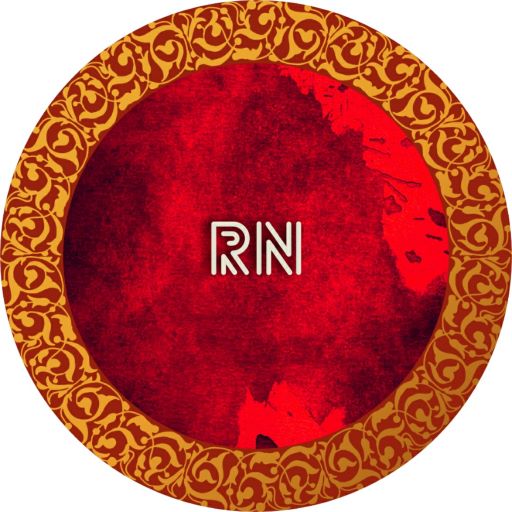| Article Section | |||||||||||
|
Home |
|||||||||||
GENERAL PROVISIONS FOR DGFT PLACING AN ENTITY ON DENIED ENTITY LIST |
|||||||||||
|
|||||||||||
GENERAL PROVISIONS FOR DGFT PLACING AN ENTITY ON DENIED ENTITY LIST |
|||||||||||
|
|||||||||||
Introduction Import authorizations, licenses, scrips, or certificates are being issued to the valid IEC holders by the offices of the Director-General of Foreign Trade under section 9 of The Foreign Trade (Development & Regulation) Act 1992. These authorizations and certificates are issued to them subject to conditions if any mentioned therein. If the authorization holder violates any conditions of the authorization or other documents or fails to fulfill the export obligation imposed in the authorization, or he fails to deposit the requisite amount as demanded as per law within the prescribed time limit, such authorization holder would be liable for action under the provisions of Foreign Trade (Developments & Regulations) Rule 1993 and consequently the authorities refuse to renew of such authorizations, licenses or scrips. If such a situation aroused, the Regional Authorities can place the firm under Denied Entities Lists or Black lists and orders would be passed reasoning in writing for placing the firm under Denied Entity List (DEL) and refuse to grant renewal of Authorizations, Licences, Certificates, Scrips, etc and block printing of the same. Legislature Rule 7 of the Foreign Trade ( Developments and Regulations) Rules 1993 provides the following fourteen specific reasons for placing a firm under Denied Entity List and consequently refusing the issuance of the license, authorization, scrip, etc. Grant of licenses, Authorizations, Certificate or Scrips giving financial benefits will be refused and placed under Denied Entity List - if:
If any of the above 14 reasons are noticed, appropriate orders will be passed for refusal of the license, scrip giving fiscal benefits, etc. under the provision of Rule 7 of Foreign Trade (Regulation) Rules, 1993. Common grounds and procedures to initiate action A most common ground for refusal of license happens when a firm fails to fulfill Export Obligation committed under various export promotion schemes. Such entity would be placed under DEL by the licensing authority after serving a demand notice to the entity to submit evidence of export obligation fulfilled within a reasonable time. This notice will indicate that the inability of the firm to submit documents evidencing fulfillment of export obligation within a prescribed duration will lead to refusal of the license under Rule 7 of the Rules and the firm’s name will be placed in the DEL. Subsequently, the file will be transferred to the enforcement division for investigations or adjudications. Orders put on hold The Licensing Authority may keep the DEL order in abeyance for a maximum period of sixty days on specific grounds recording in writing. There are no provisions for DGFT to keep the decision deferred indefinitely. Appeal An appeal against the DEL order will lie under section 15 of the act before the appellate forum within 45 days from the date of the order served on the person or within such an extended period granted to him. Such appeal may be preferred (i) before the Central Government If such orders are passed by the Director-General of Foreign Trade. (2) before the Director-General of Foreign Trade if orders are passed by an officer subordinate to the Director-General or any superior officer authorized by the Director-General subject to pre-deposit of penalty or other redemption charges or both unless it is waived off. The order made in appeal by the appellate authority becomes final. Procedure to remove the entity from DEL Once the entity completes the export obligation /pays penalty/fulfills the requirement of demand notice issued by the Regional Authority or submits documents to the authority as required by them, the firm’s or entity’s name can be removed from Denied Entities Lists after recording the reasons to do so in writing. The order removing any entity from the DEL will equally be a speaking order by the listening authority mentioning the grounds of removal. Conclusion Director-General of Foreign Trade has the powers to place an entity under Denied Entity List (DEL) if such entity contravenes any of the conditions in an authorization, license or scrips or any provisions in FT(DR) Act 1992 and consequently refuses to grant a new license, authorization, scrip, or certificates bestowed with financial benefits. The most common reason for placing an entity on DEL is due to his failure to fulfill export obligations under the export promotion schemes or failure to submit documents or failure to pay Government dues. Once DGFT placed an entity on the denied entity list, no further license or scrips, or authorizations would be issued to that entity by DGFT until the entity is removed from the denied list. To avoid such an unpleasant situation, it is the responsibility of the importer and exporter to comply with all conditions within the stipulated time or else get the time extended by the licensing authority or approach the licensing authority with a request to keep the decision in abeyance or appeal against the order to remove it from DEL.
By: raghunandhaanan rvi - April 7, 2022
|
|||||||||||
| |
|||||||||||
 9911796707
9911796707

